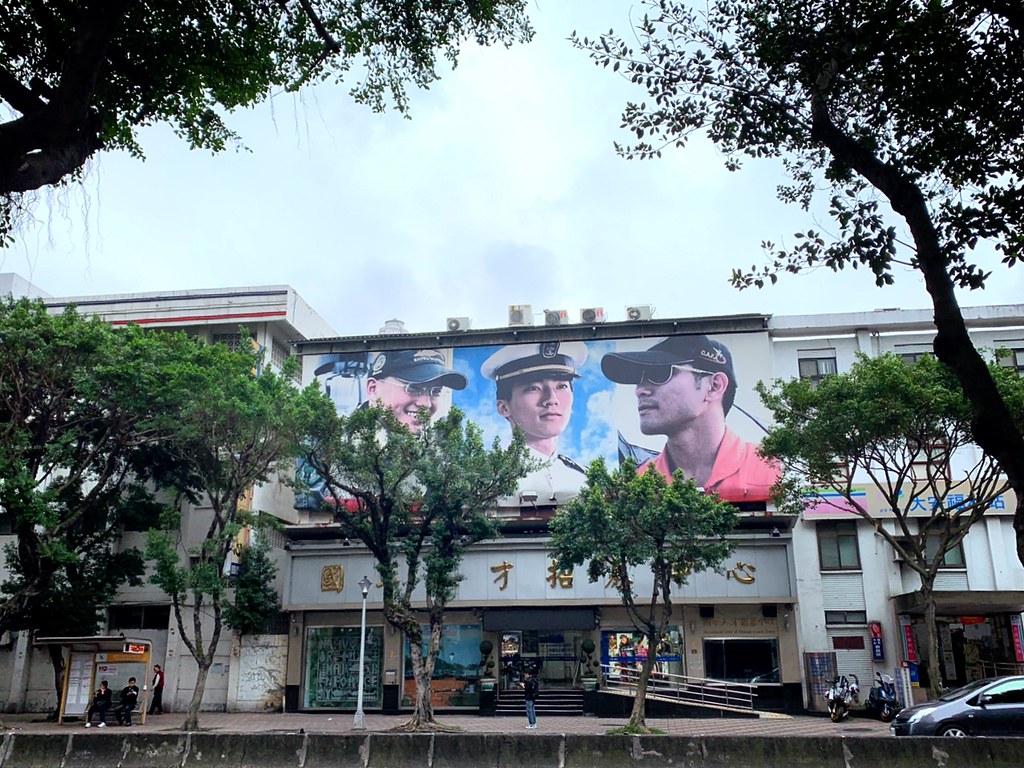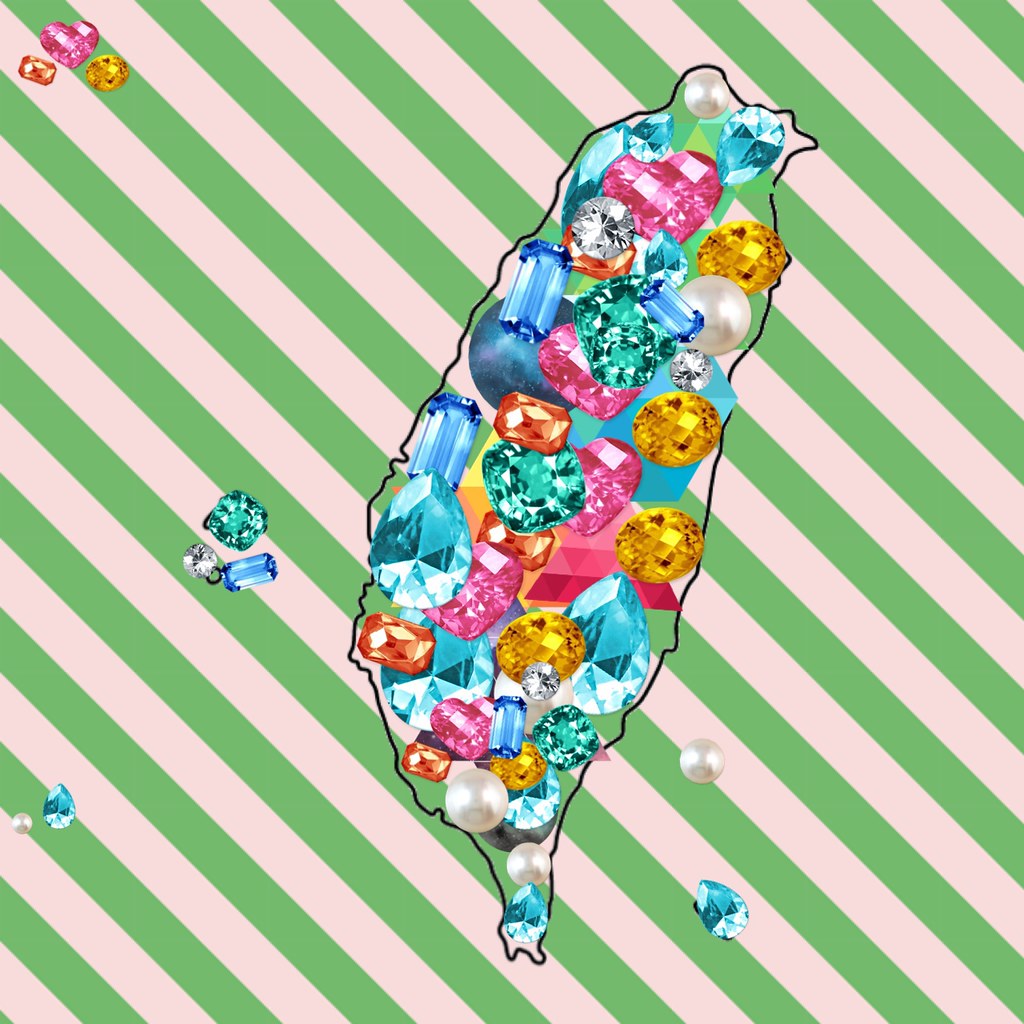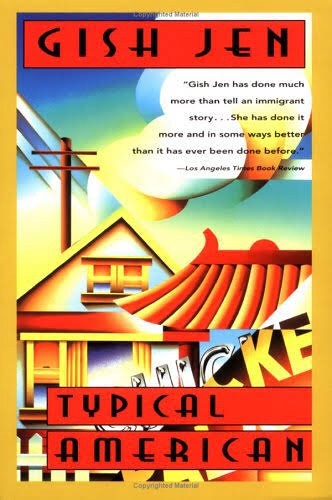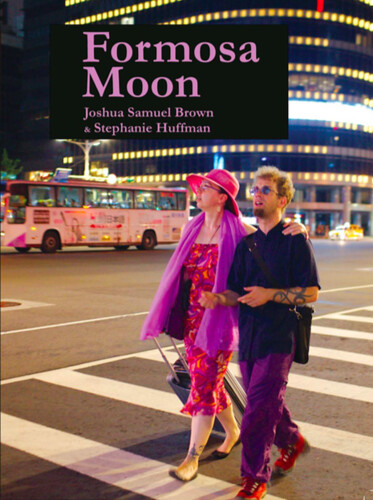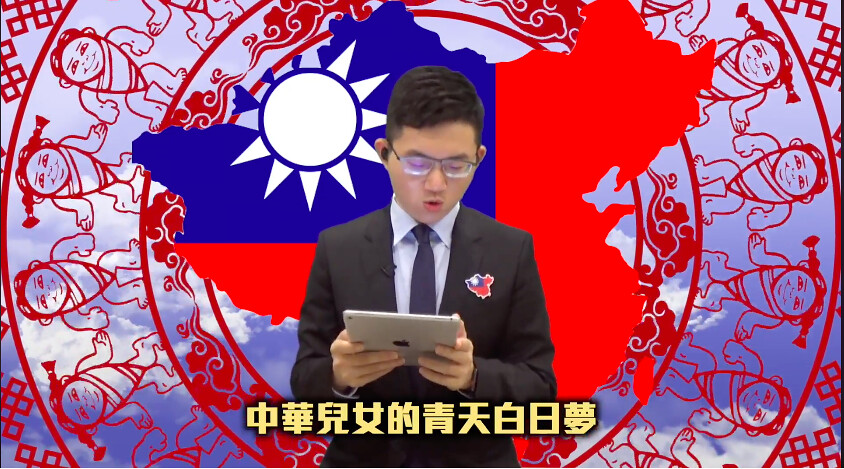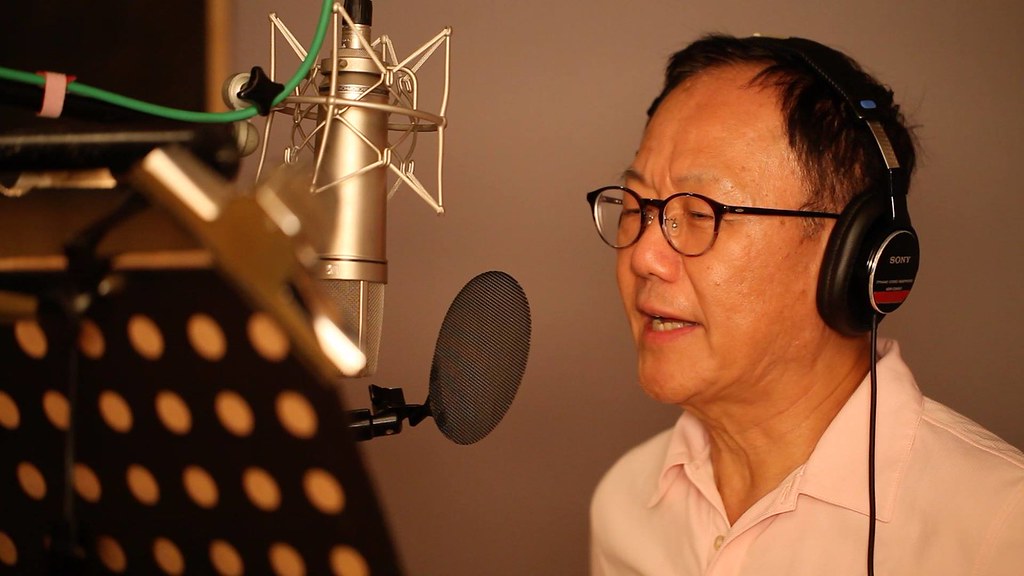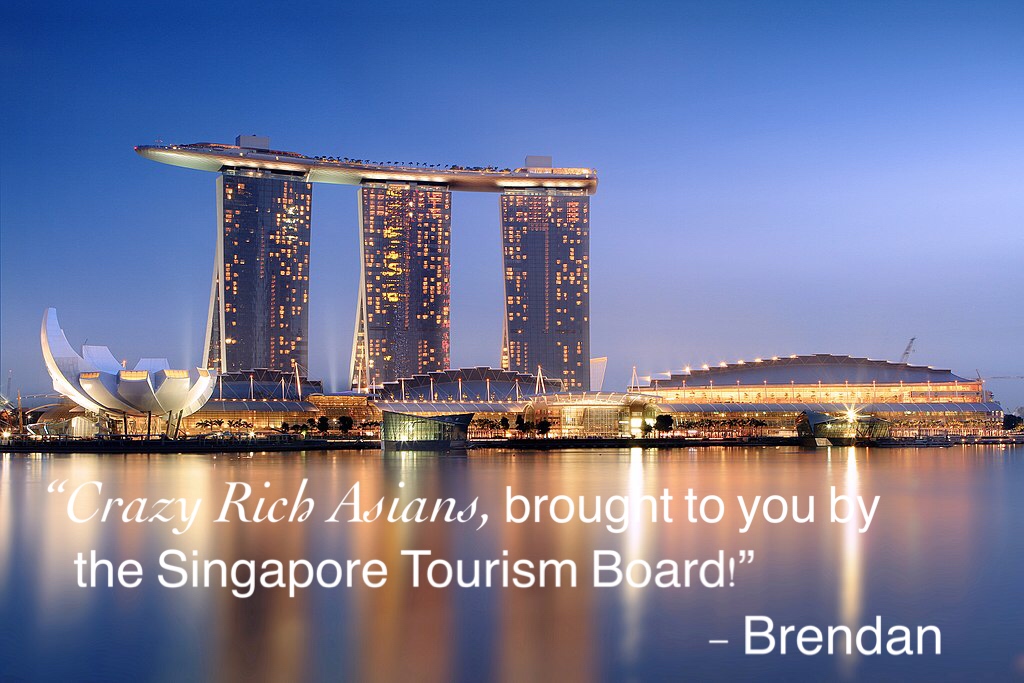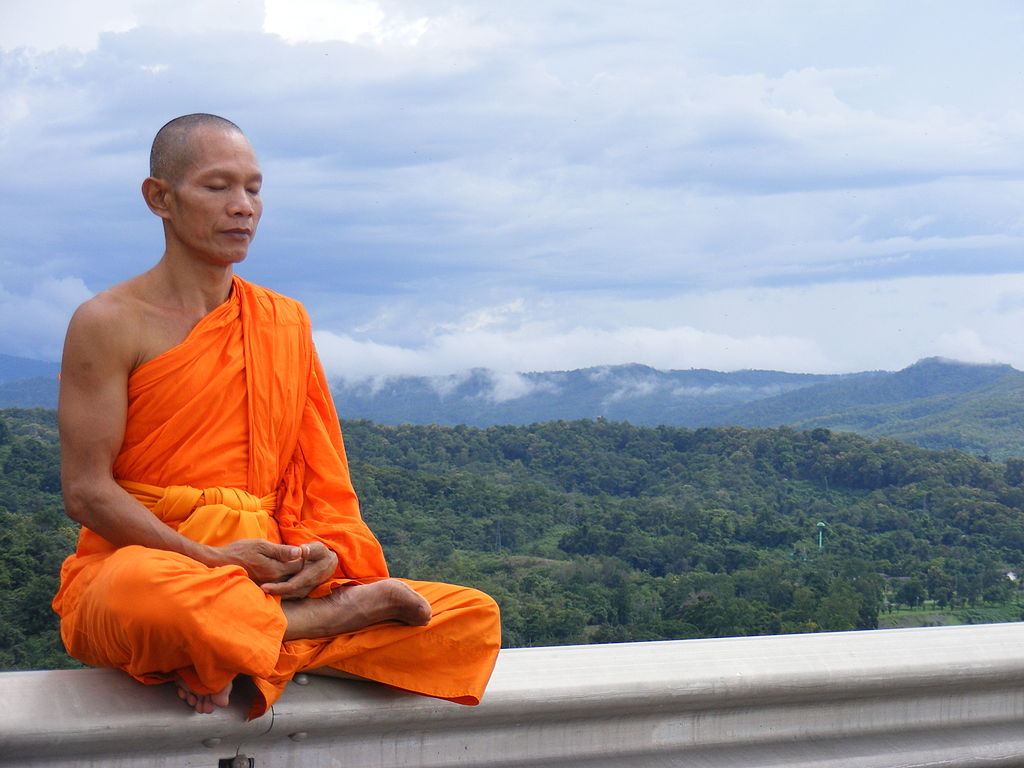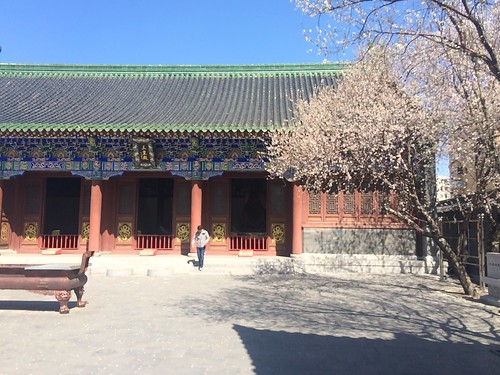 |
| The temples here remind me of the ones in South Korea, and one of them (not this one) is a Matsu temple, of all things! |
I'm going to say something that should seem sort-of obvious but might shock a few people anyway.
I like China.
I still hate the CCP, though.
Some of you are probably thinking "why wouldn't you? The people are friendly, the food is great, the history, literature, architecture and culture are fascinating, the scenery is often stunning. There's a lot to like in China!"
And some of you are surely thinking "but they're our mortal enemies! And all the pollution! And the government! It's so oppressive!"
Both of these groups are right.
I've spent a week here running a training course, and was also in Shanghai recently. And I have to say that although I felt a little nervous beforehand for reasons I'll explain below, I would overall say that I had good experiences here. The people - the managers I've worked with, the trainees - have been so friendly and hospitable. Of course, I knew already that people in China are usually very welcoming to foreign visitors. The managers worked hard to ensure that I was comfortable, happy and well-fed while here; I ate like a king. The trainees worked their butts off, were an exceptional class and just all around great to work with, as well as being friendly and willing to learn. It was an honor to work with them, and more importantly, I genuinely like them.
Of course, the food is as spectacular as I remember it. I haven't had much time to go out and actually do anything, however, as these are purely work trips.
And I've found that if two conditions are met, this proud Taiwan "separatist" does like visiting China: the first is that it's only enjoyable on days when pollution isn't bad. The day a pollution and dust storm blew through was awful. The days the air has been breathable have been fine.
The second is that I have fast, consistent access to the open Internet. Without that, I can't even talk to my husband as neither of us uses any social media or chat apps that are allowed in China. I can't do much of anything: the majority of things I enjoy doing online consistently are banned in China, and in 2019 it's just not acceptable to me that my access be restricted.
VPNs don't work well - if you can get them to connect (which they won't always do), they can be slow and the connection can be lost. The only way to travel, I've found, is through one of those Wifi hotspots you can get at the airport in Taiwan. They bounce you right over the Great Firewall quickly and consistently, and cost a little under NT$200/day (my company paid for it).
This might seem like a dumb thing to say to some of you - white girl realizes China's not so bad after all! would be an uncharitable but possible way to characterize it - but remember I've spent the better part of the last decade devoting my time to writing about politics in Taiwan and Asia from a pro-independence standpoint. After awhile you start to think of China as 'the enemy' rather than a beautiful country full of lovely people.
The CCP is the enemy. China's just a country. How can one hate a country?
I'll only say one thing on the other side of that perspective: being here with unrestricted Internet access takes away the most obvious way that China's police state makes itself known. Everything else is normal: great bars with great music (though nothing with particularly thoughtful lyrics), great cafes, great shopping, great food. People living their lives. Fear doesn't lurk around every corner. Xinjiang and Tibet are far away. A great deal of literature is still banned, but they don't always check carefully.
Without the daily annoyance of wondering whether or not you'll be able to get online, you'd be forgiven for forgetting that you're living in a place run by authoritarians who want to annex a neighboring democracy and are perpetrating both cultural and literal genocides in their western provinces. The CCP seems to have figured out - after, uh, some trial and error - that if you force people to give up all cultural touchstones and push them into a gray Communist hellscape, they aren't going to like you very much. But if they can eat, drink, wear, listen to and buy whatever they like and you give them a home-grown social network, that's enough for huge swaths of the population. They might just leave you be.
If you're from China and are used to the Internet issue, you're used to getting state-approved news, you've never seen a banned book, you've been raised to think Taiwan is yours by right and Xinjiang and Tibet seem far away indeed, it must be easy to otherwise forget exactly who is running things. You might even support them: China's gotten a lot nicer in the past 20 years, after all.
I'm not the first to say it, but so much for the idea that economic growth inevitably brings political liberalization.
I prefer living in Taiwan for sure; it's my home. One of my requirements in a place to live is that it be free, and Taiwan is: I feel safe expressing myself openly there, and my friends enjoy democratic norms I feel are crucial. I do not, and will never, consider Taiwan to be a part of China, and I don't intend to live in China. I will still criticize the Chinese Communist Party until I draw my last breath. I'll stay in the fight against their aggressively expansionist policies. In that sense, I'm still in the trenches. You will never see me become one of those Westerners who apologizes for Beijing's brutal authoritarianism and aggressive expansionism. I stand for universal human rights, self-determination, and freedom and that will never change. The CCP will always be an enemy.
In other words, all the shiny things brought about by economic growth shouldn't be enough to tempt Taiwan toward China; Taiwan's sovereignty is about more than that. It's not enough to tempt me, either. My true freedom is worth more.
But on a clear day, if you have a good portable hotspot, it's pretty good to visit - and I wouldn't mind coming back.
So what made me nervous? Well, being here for work, I couldn't just say what I thought about Taiwan because agreeing to come at all basically means I've agreed that I'm a representative of the company and not here in a personal capacity. That (Taiwanese) company treats me well; I want them to do well and this is good business for them. In any case, nobody asked.
To be honest, I don't know what I would have done if someone had.
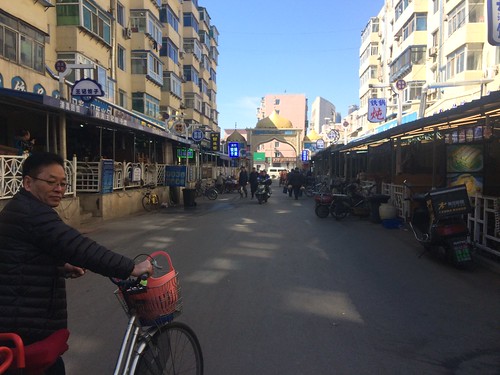 |
| On a street of Hui (Chinese Muslim) restaurants in Shenyang |
It's usually not that hard to keep my political views to myself at work, but when you know you can't say anything because it's your job to make your employer's Chinese client happy, being hyper-aware of it makes it more likely to slip out because what you can't say is always on your mind. Like how telling a kid she can't do something just makes her want to do that thing more, know what I mean? Though some managers here figured out, of course I never told any trainees, nor would I.
Because of this, I did feel a bit 'closed': advocating for Taiwan isn't the only thing in my life, but it's a big part of it. Ensuring that none of my trainees was aware of that part of my life, and that they knew me in a professional capacity rather than a personal and political one did entail pretending that part of myself didn't exist for a week, and not just during work hours. We all stayed in the same hotel; I saw them at every meal. In that sense, being only about 3/4 of who I actually am was like cutting off my left arm. I could function, but it wasn't the whole me.
That said, I never compromised. I stood for the national anthem because it's required, but I did not put my hand on my heart (I couldn't have sung it even if asked). I always referred to "Taiwan" and China": no "Mainland", "province" or anything like that passed my lips. Because it was relevant to a class discussion, I mentioned that NTU was founded "when Taiwan was Japanese". I didn't pretend or lie. I walked a thin line between holding to my principles in my language use, but also not offering that information about myself.
But I'll tell you, while the trainees never found out about my political views, the two managers who helped run the course did. One is Taiwanese so I just told him. The other is Chinese but figured it out through my language use and hearing me talk with the Taiwanese manager. She was surprisingly cool with it. If you are open, you will find people who can accept the whole you - the problem is, you won't find out who those people are until you say something, by which time it might be too late.
When she did find out and we could finally just talk openly about these things, the whole feeling just changed. We went from friendly work acquaintances who shared our meals with small talk punctuated with quiet periods to people who could actually have discussions.
And to be frank, that's what made me decide that I did, in fact, enjoy this trip to China. The air's been okay (which I'm told is unusual), the hotspot works, fine. But really, it's the ability to be not just myself, but my whole self, around at least a few other people.
So I'll end with this: pro-Beijing types love to talk about how Chinese and Taiwanese have some sort of special relationship or understanding due to cultural, ethnic and historical ties. A relationship they often claim no-one else can understand, a special affinity. I've heard it both hinted and said obliquely that this creates a special affinity between individuals as well in which they understand each other as ultimately culturally Chinese.
I'm here to tell you that it's not true.
Until that breakthrough toward the end of my trip, I found that when I was out with a mixed group of Taiwanese and Chinese, they were amicable. You might think there was some special cultural affinity or set of tacit understandings that we clunky interlopers could never comprehend which transcended politics.
And yet, I could see the ways in which my Taiwanese colleagues and acquaintances held back whenever it was a mixed group. It was very subtle, like buttoning a bit closer to the collar than one ordinarily buttons. Zipping up a jacket just a little higher than usual. You'd have to be watching for it to see it, but it was there.
The second the company changed and it was all Taiwanese, it was like a collective unconscious breath was let out. The belt loosened. The words loosened.
I know this because, although I am not Taiwanese, I was treated as one in these situations. I felt it too. I even mentioned it explicitly, and the others readily agreed. It wasn't dislike, they pointed out. They liked their Chinese counterparts - you just had to be careful what you said. Among other Taiwanese and the Honorary (that's me), you could speak more freely.
And that same feeling came back the second the Chinese manager indicated that she was fine with my beliefs. Jackets unzipped, collars loosened, guts unsucked.
It has nothing to do with ethnicity, history cultural 'affinity', or even being Taiwanese. If you understand Taiwan's situation and what it stands for, you're in.
If not, you could be as genetically similar as anything, but you're out.
While many of my trainees are likely openminded about Taiwan, it breaks my heart a little to realize that some of them might think less of me if they knew what my real views on Taiwan were - that I stand for everything they were taught to stand against.
That's one of the great tragedies of Beijing's warmongering over Taiwan: if they'd just accept that Taiwan is already independent and wants to stay that way - if they'd just respect that Taiwan has the right to determine its own future - a lot more Taiwanese and Chinese would likely be truly open with each other on a personal level, and there would be a lot more closeness between them. More friendships would form, and the world would be a better place.

